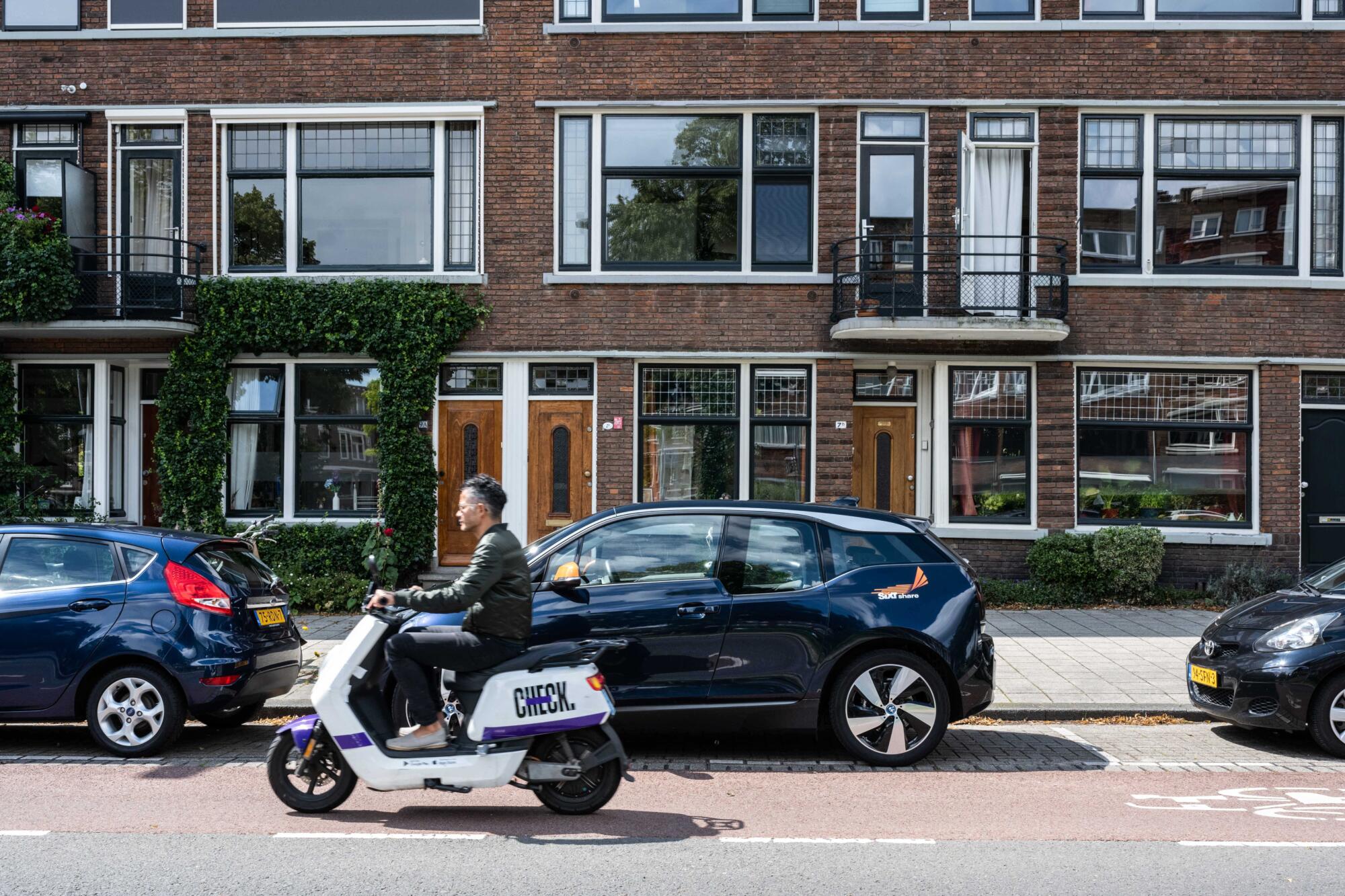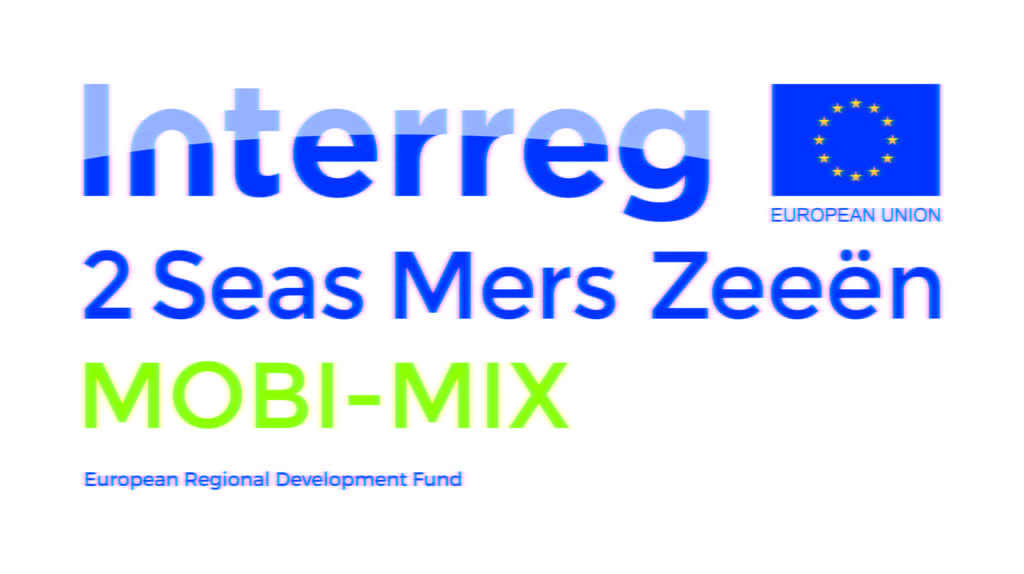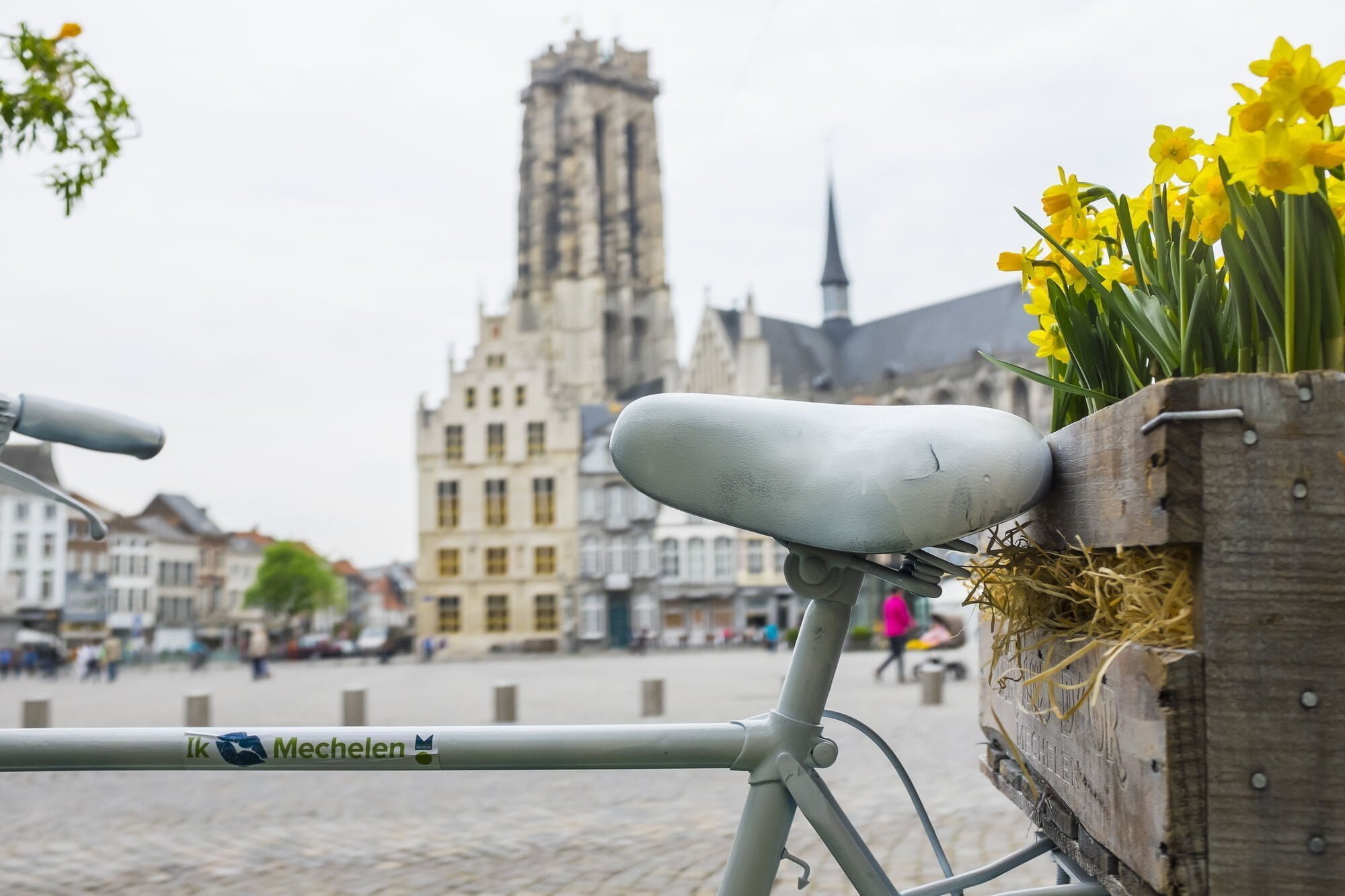Are shared mobility solutions helping reduce CO2 emissions? MOBI-MIX investigates
After three years of experimenting with shared mobility solutions, the five MOBI-MIX cities are starting to see the results.
Norfolk, Rotterdam, Mechelen, Valenciennes, and Antwerp could expect to save between 225 – 399 CO2 tons/year and 2.4 million car vehicle-km/year in the mid-term, in line with the project’s initial goals.
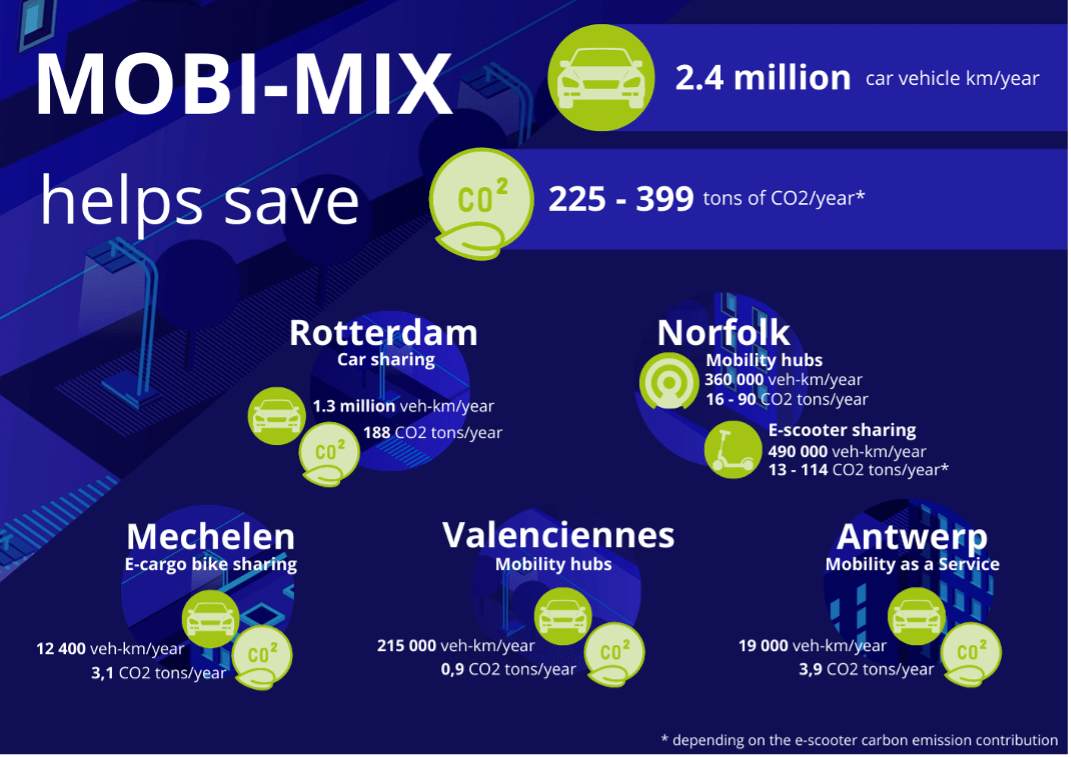
And now what?
Building upon the results of the impact assessment, MOBI-MIX recommends:
- Longer implementation time frames to observe behaviour change and reach beyond the first adopters. By far, the most effective way of securing the benefits of shared mobility comes through reducing private car usage and car ownership. These take time to materialise, and pilots are generally too short to observe them.
- Development of data reporting frameworks with mobility providers (more on this here), in parallel with regular data collection via surveys.
- Secured long operational lifespan for shared vehicles, since this is a strong determinant of CO2
- Combined offers and ticketing because public transport and some mobility solutions, such as e-cargo bikes, seem complementary.
- Mitigating policies to avoid competition with public transport, like in the case of car sharing. Such a policy could target stimulating carsharing use in certain areas, or for distances longer than the ones covered by public transport.
- Infrastructure adaptation in the long term to fully support shared mobility (e.g., safer routes for bikes & e-scooters, easier-to-find parking areas, etc.)
- Regular impact assessment, to understand behaviour changes and tweak mobility solutions accordingly, and expanded impact assessment to include other aspects beyond CO2 emissions and private car use.
How did we calculate impact?
To assess the impact of shared mobility solutions, mobility hubs and MaaS, Bax & Company developed a three-step method called MObility DEcisions (MODE). MODE can adapt to different types of pilots, project phases, and types of data available. Inspired by the credibility revolution in economics, MODE can treat every case as a natural experiment and establish causal impacts, unlike many other studies which do not control for confounding factors.
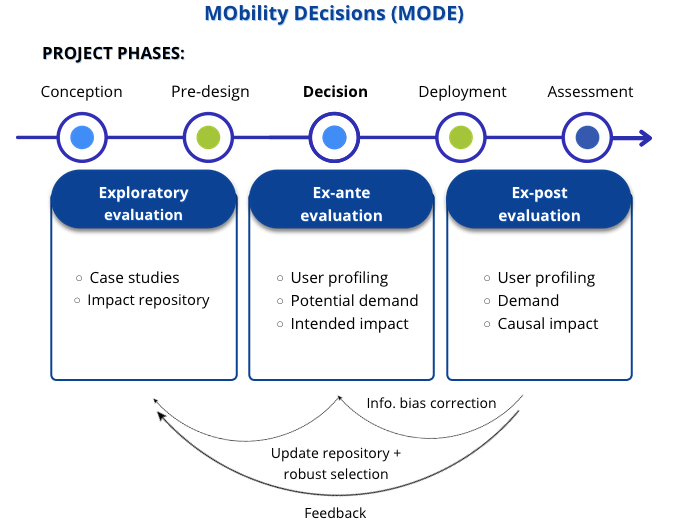
What questions can MODE answer for cities?
Two of the MOBI-MIX cities, Norfolk and Rotterdam, obtained further insights through a cost-benefit analysis, developed based on the MODE ex-ante evaluation. Other modules, such as spatial analyses, would further complement the findings.
Thus, MODE is a powerful method which allows local authorities to explore:
- How shared mobility impacts CO2 emissions, congestion, car usage and car ownership
- Who the shared mobility users are and what their socio-economic profile is
- What modes of transport shared mobility users are replacing
- What costs and benefits shared mobility bring at a societal level
- What the monetary value of various impacts (e.g., pollution, accidents, public space, etc.) is and how it compares with the costs of deploying/supporting the such implementation
- What lessons can be drawn and how they can improve policies and urban mobility strategies (e.g., improving Sustainable Urban Mobility Plans)
- What the optimal fleet size is and how to optimise shared mobility via bespoke incentives and measures
- Where shared mobility stations/drop-off areas should be located to ensure equitable access across the city
Get in touch with Joan Estrada and Lorena Axinte for more information.
